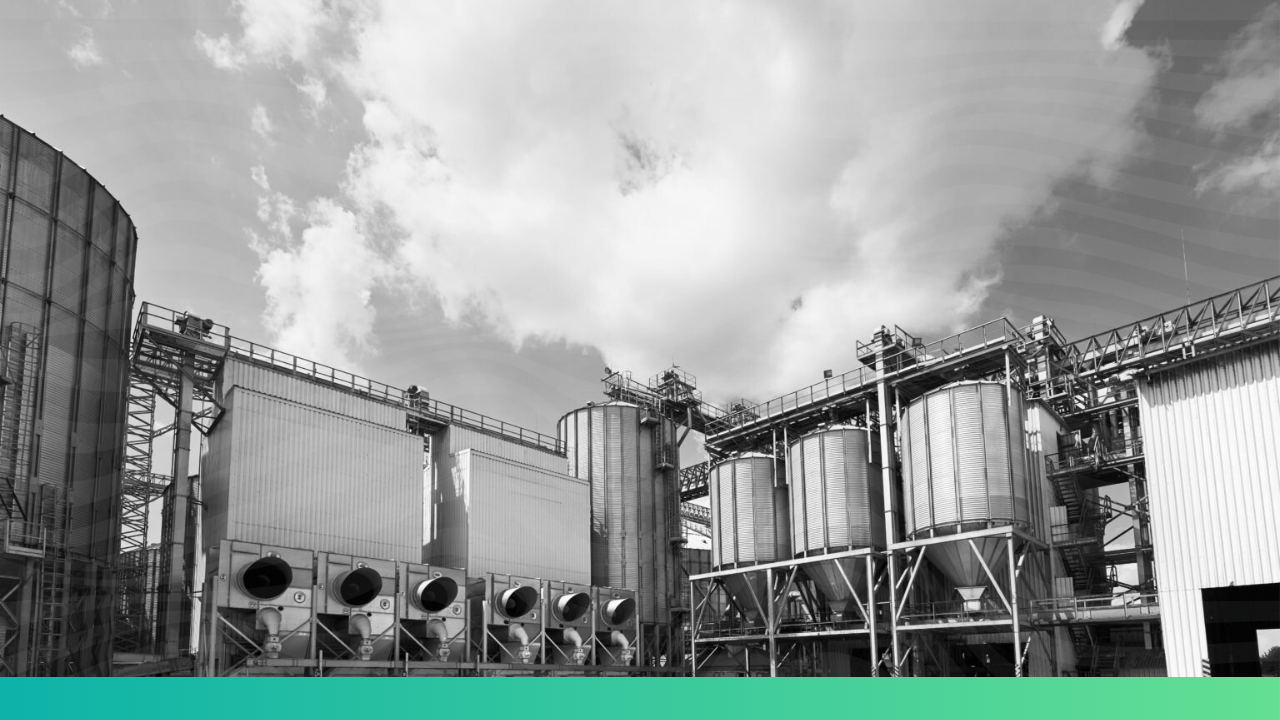
CBAM for cement sector: Guidelines for non-EU exporters and EU-importers
A detailed roadmap for non-EU exporters of cement products under CBAM to ensure accurate compliance.

A detailed roadmap for non-EU exporters of cement products under CBAM to ensure accurate compliance.

An outline of how CBAM affects non-EU exporters of iron and steel products.
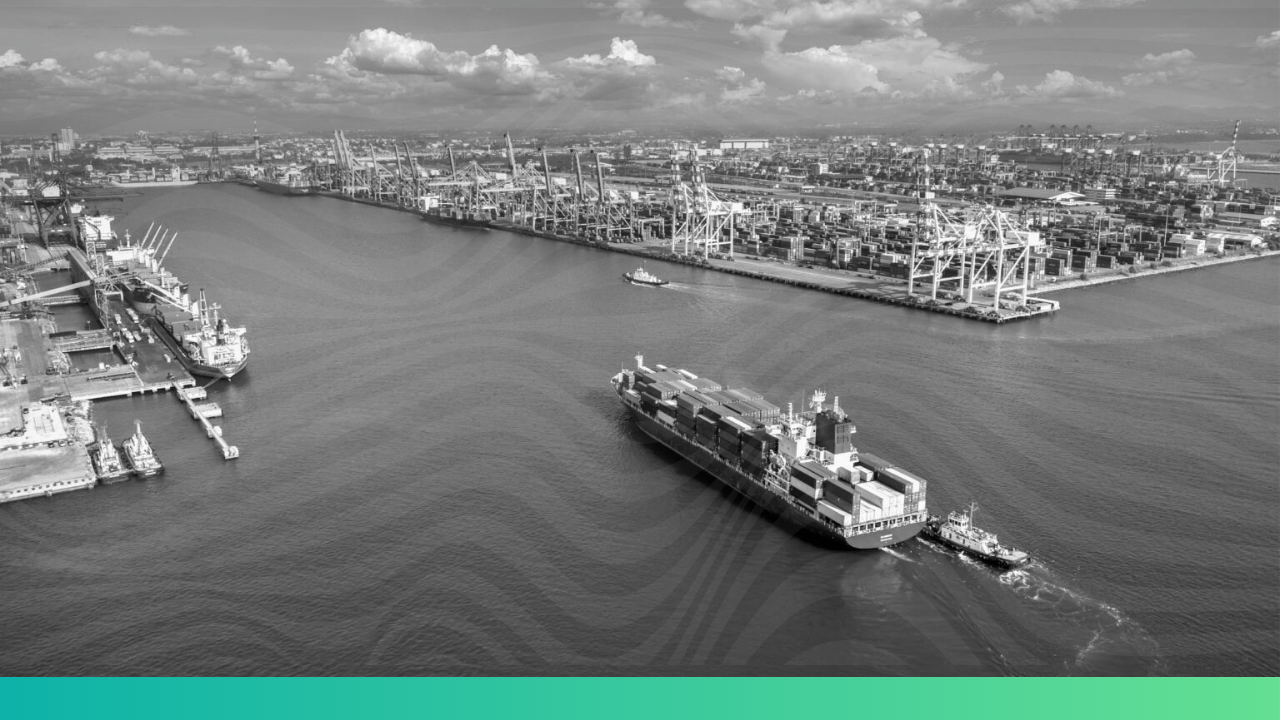
CBAM reporting steps for EU importers under CBAM compliances releasing CBAM products for free circulation in the EU market

An outline of guidelines and compliances that must be followed by non-EU operators under the Carbon Border Adjustment Mechanism (CBAM).
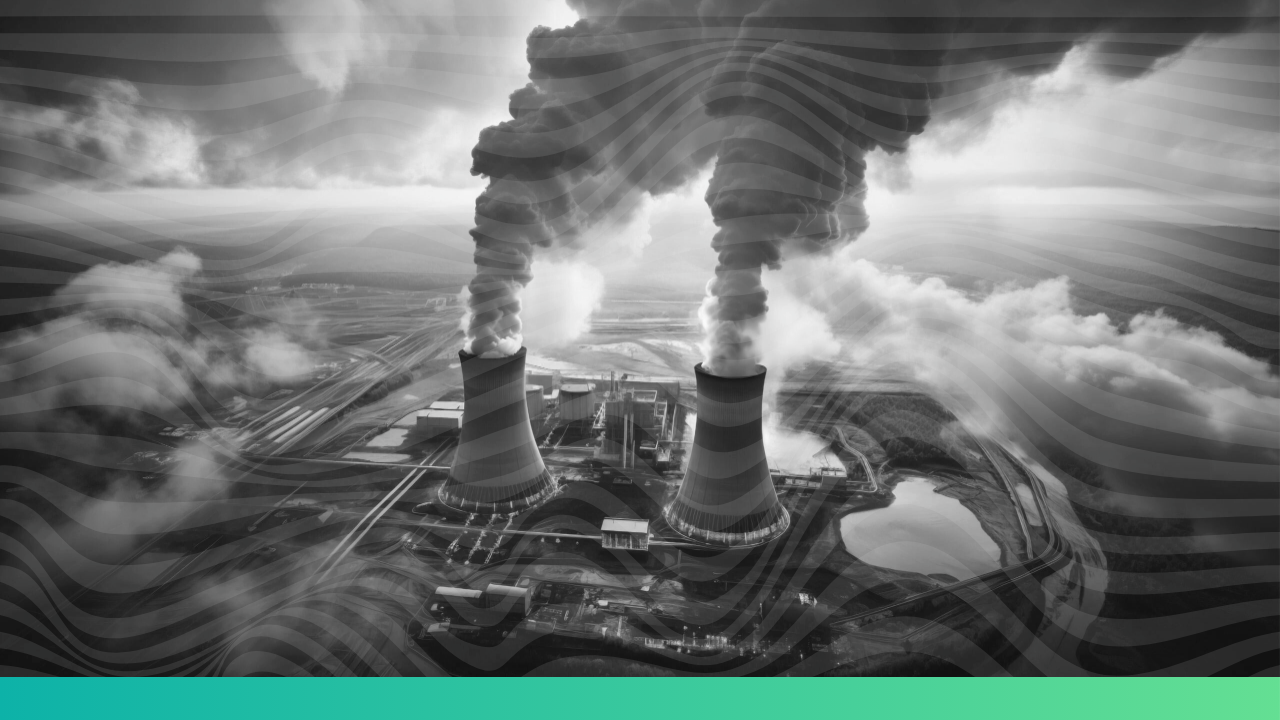
A roadmap to fulfil the CBAM reporting guidelines, and compliances for importers and non-EU operators before importing their products into the EU without incurring penalties.

CPCB and SPCB: An overview of regulatory guidelines for pollution control and monitoring air pollution.

Recognize the fact that fossil fuels are the main driver of global warming-induced climate change. As per the data at hand, the consumption of fossil fuels account for 89% of

The CGWA has issued new guidelines for using groundwater in domestic applications like swimming pools. This blog explains key compliance steps, documentation, and monitoring responsibilities for residential users and RWAs.
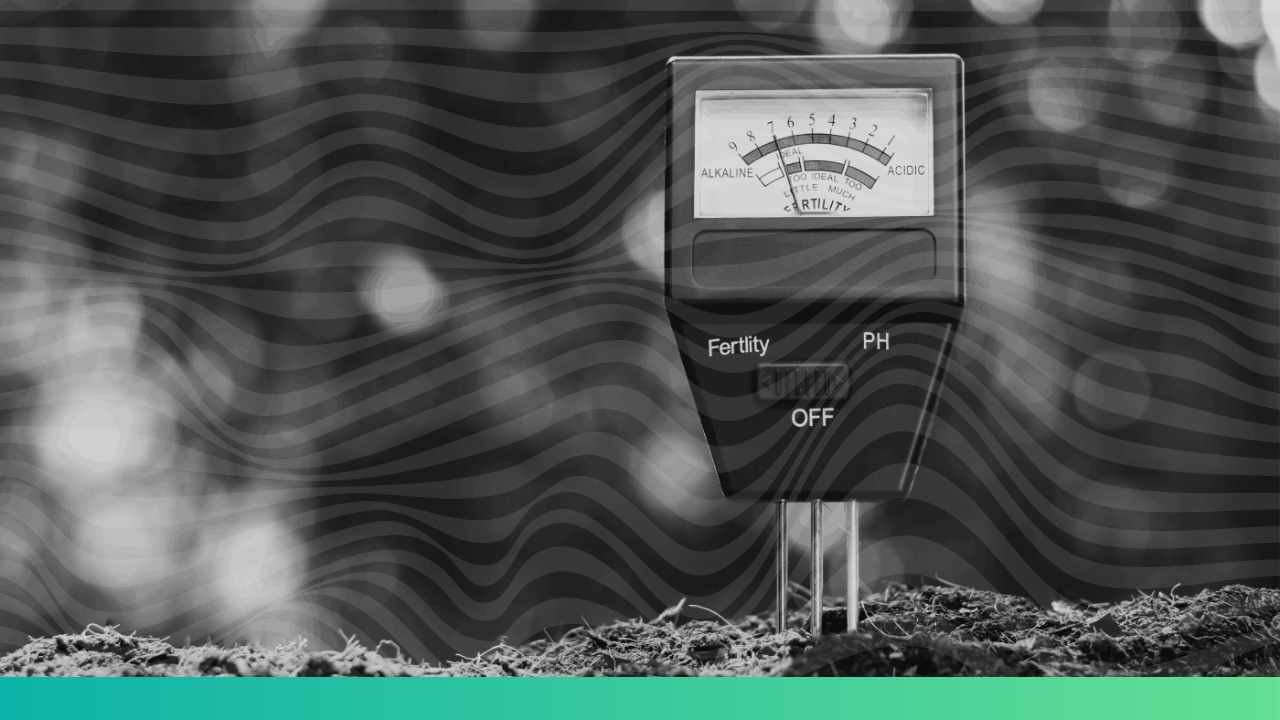
June 2021 CGWA guidelines on the extraction of groundwater via the use of a telemetry. This blog looks at the specifics by the governing body.
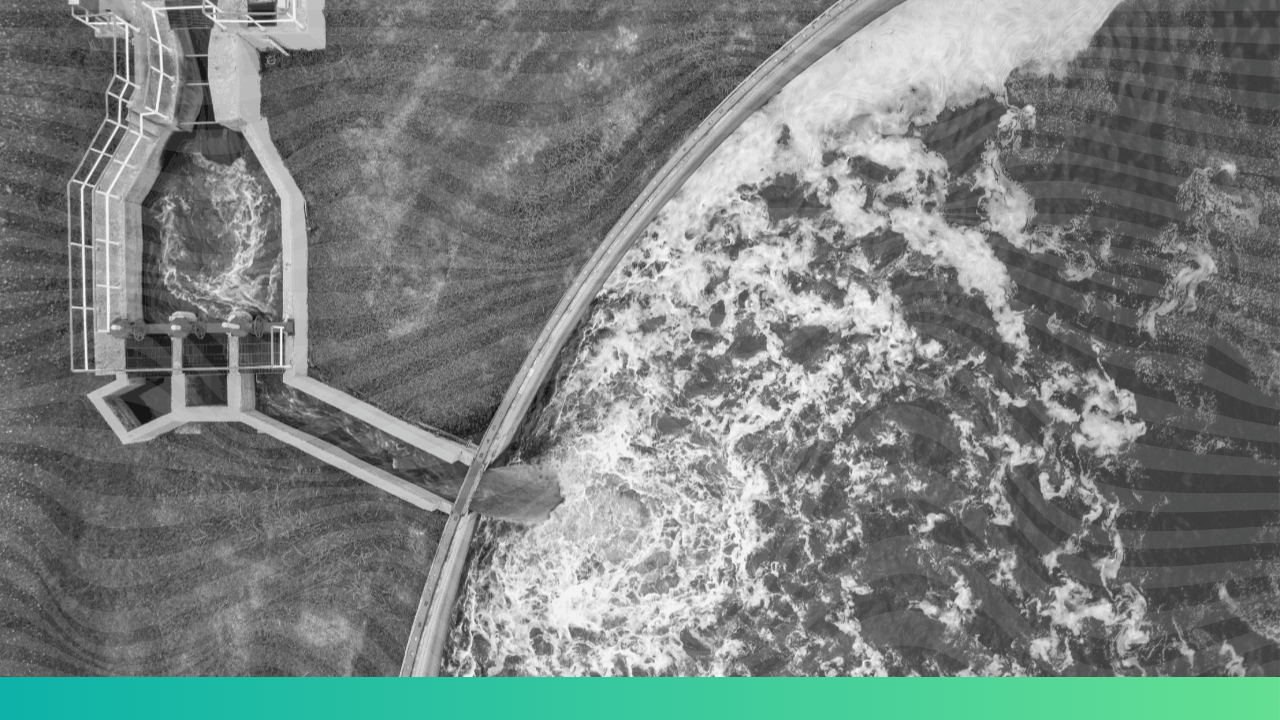
CGWA guidelines on saline groundwater extraction mandate real-time monitoring, rainwater harvesting, and safe disposal to ensure compliance and protect aquifers.
Our website uses cookies which are necessary for running the website and for providing the best experience. We would also like to set optional cookies on your device. Not consenting or withdrawing consent, may adversely affect certain features and functions.
EU CBAM solution for Importers is now live! - Sign up to get 40% off 🎉